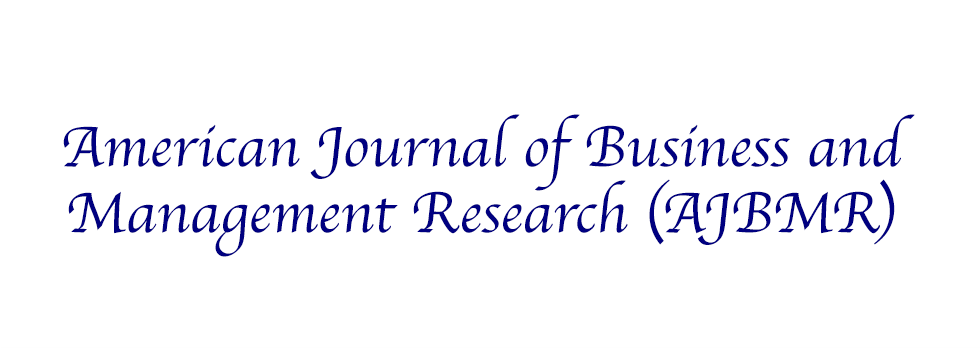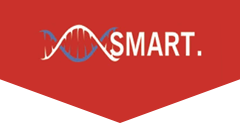Abstract
Political Partisanship and socio-political behavior are two intertwined attributes of any economic agent. There are several factors that go in to developing partisan principles and political beliefs, but eventually all come under the broader spectrum of social interaction; leading to social learning. Several literatures have provided evidence that this learning phenomenon is not free of biases. The inherent belief system of an individual often creates a screening tool for external information. The present day social-network and media influences are spreading misinformation and rumors that exaggerates partisan beliefs as well as disbeliefs. The paper develops upon the standard DeGroot social learning model (Banerjee et al.) to explore and analyze the nature and impact of such biases over network clusters. The model may then be refined with more psycho-social attributes after gaining experimental evidences.
Recommended Citation
Banerjee, Sourav
(2024)
"Political Literacy and Partisanship – A Naive Learning Model,"
American Journal of Business and Management Research (AJBMR): Vol. 5:
Iss.
1, Article 3.
Available at:
https://research.smartsociety.org/ajbmr/vol5/iss1/3

